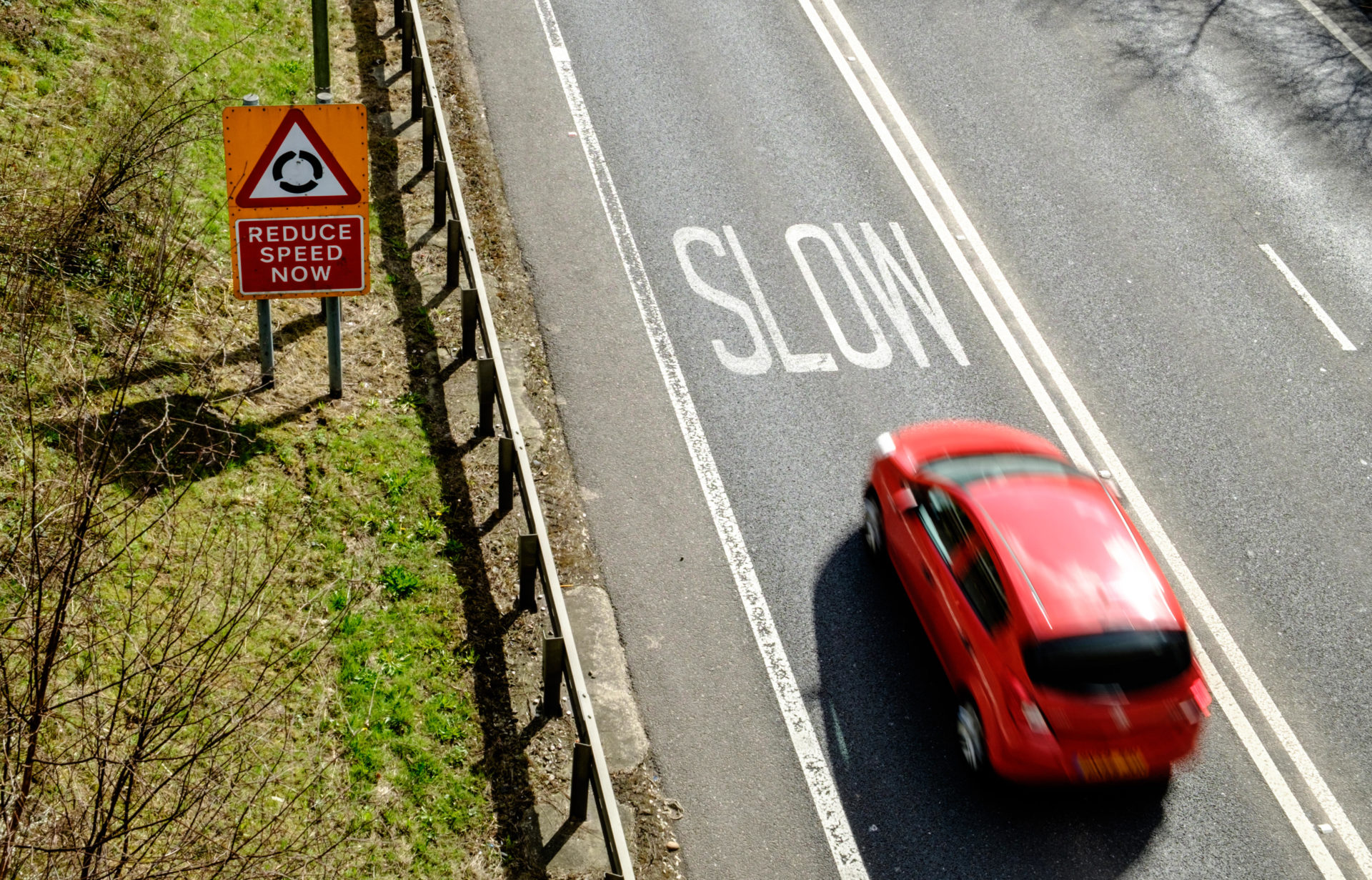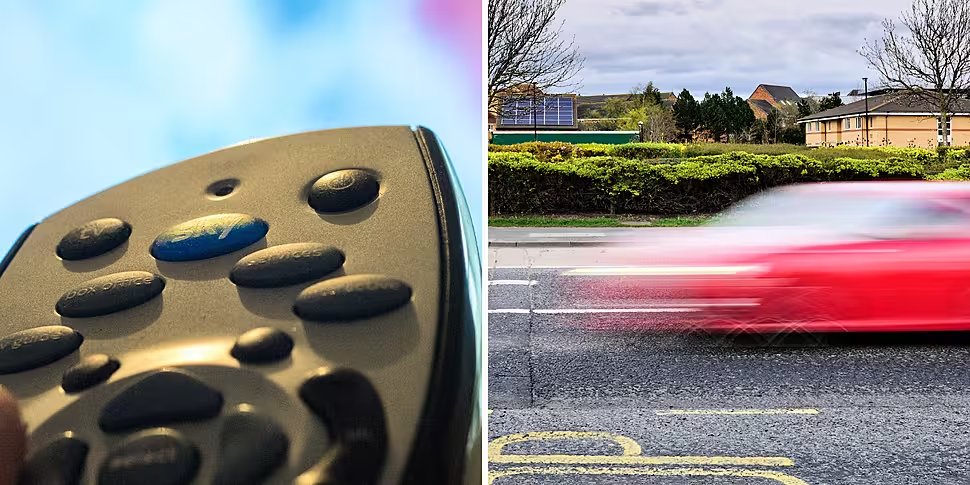Following a spike in road deaths this year, there are calls to bring back the “fear-based” Road Safety Authority (RSA) advertising.
Taoiseach Leo Varadkar said the shocking videos weren’t liked, but they were effective in reducing road deaths.
“I think one thing we’ll have to reinitiate is a very strong public advertising campaign,” he said.
A total of 125 people have died on Irish roads so far this year, approximately a 25% increase.
Assistant Marketing Professor Julie Schiro told The Hard Shoulder this week that Mr Varadkar's comment is both right and wrong.
“Fear is a really important motivator to change behaviour,” she said.
“But getting people to believe that fear and believe they are at risk is really difficult.
 Speeding car. Image: Jeanette Teare / Alamy Stock Photo
Speeding car. Image: Jeanette Teare / Alamy Stock Photo“With fear-based advertising in particular, there's always that risk that people are going to discount or outright reject the message because it's just too terrifying.”
People also believe “the odds are in their favour more than the general population”, so they don’t imagine horrific crashes could happen to them.
“They have invincibility bias,” Prof Schiro said.
Humour-based advertising
Prof Schiro’s department in Smurfit Business School focuses on alternatives to fear-based advertising that still sends a strong message.
“I looked at the use of humor, and one of the reasons why I wanted to look at humor was because it's a great way to get attention,” she said.
She noted Australia created a safety campaign called ‘Dumb Ways to Die’, which gained 289 million views on YouTube and eventually had a game app developed.
“It's great for attention, but it has its own set of problems when it comes to motivating action,” Prof Schiro said.
“There’s this tension – you have greater reach that comes with being humorous, but then you have the flip side, which is less urgency to act because you’re not as scared.
“It's not like there's no urgency to act - it's just a little bit less than that when you have a fear appeal.”
Social norms
Humour typically only works when you reach a huge audience – and when you avoid controversy for making the issue of road safety too light.
“It’s very difficult to do well,” Prof Schiro. “But luckily there is a third option and that is to do with social norms.
According to the theory of planned behaviour, actions are affected by our own attitudes, our perceived control of the situation and what we perceive other people to think.
“If a message can convey that the desired behaviour is what most people do, that can be very persuasive,” Prof Schiro.
Online campaigns will also be important to remind people of road safety.
“This can actually be a really big asset to advertisers in general because it means that you still have this big reach,” she said.
Main image: Splitscreen of an old Sky remote and a speeding car. Images via Alamy.









